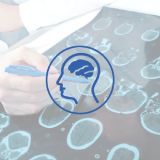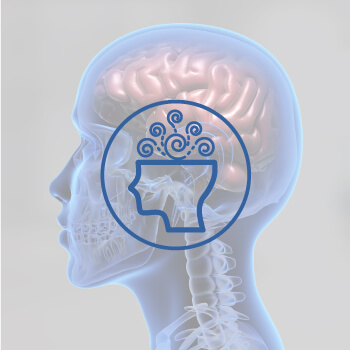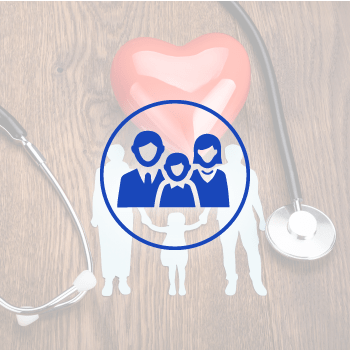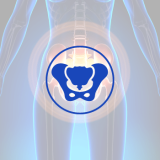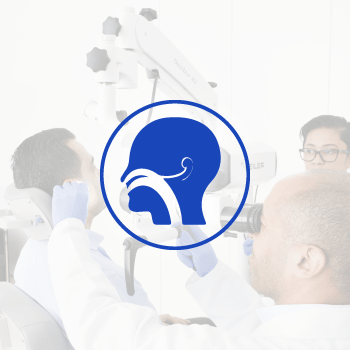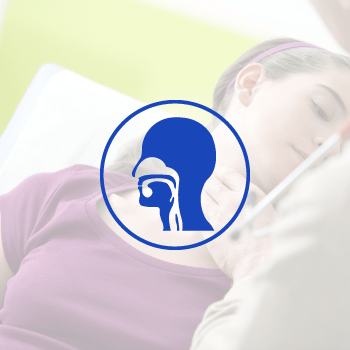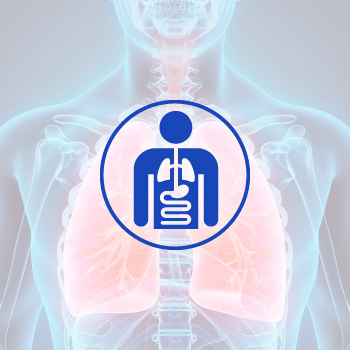EATING DISORDER
Eating disorders are complex mental health conditions that can affect individuals of any age, gender, or background. They are characterized by a range of abnormal eating habits and often involve a preoccupation with body weight, shape, and food.
- Symptoms
- Causes
- Treatment
Recognizing the signs and symptoms of an eating disorder is essential for early intervention and treatment. Some common warning signs include:
Physical Symptoms:
- Dramatic weight loss or fluctuations
- Changes in eating habits, like severe restriction or bingeing
- Frequent bathroom trips after meals
- Fatigue, dizziness, weakness due to poor nutrition
- Rituals around food, such as cutting it into tiny pieces
Psychological Symptoms:
- Obsession with food, calories, and dieting
- Preoccupation with body weight, shape, and appearance
- Distorted body image, seeing oneself as overweight despite being underweight
- Mood swings, irritability, depression, or anxiety
- Feelings of guilt, shame, or low self-esteem related to eating habits
Behavioral Symptoms:
- Avoidance of social situations involving food
- Excessive exercising, even in extreme weather conditions or when injured
- Hoarding food or hiding evidence of bingeing
- Withdrawing from social activities or relationships
The development of eating disorders is influenced by a combination of genetic, biological, psychological, and environmental factors:
Genetic and Biological Factors:
- Family history of eating disorders or mental illness
- Brain chemical imbalances
- Hormonal changes during puberty or other life stages
Psychological Factors:
- Perfectionism or high levels of self-criticism
- Low self-esteem or poor body image
- Difficulty coping with stress, trauma, or major life changes
- History of abuse or bullying
Environmental Factors:
- Societal pressure to attain unrealistic beauty standards
- Cultural attitudes toward food, weight, and body image
- Family dynamics, such as parental modeling of disordered eating behaviors or criticism about weight
- Professions or activities that emphasize thinness or weight control, such as modeling or competitive sports
Effective treatment for eating disorders typically involves a comprehensive, multidisciplinary approach aimed at addressing physical, nutritional, and psychological needs:
Medical Intervention:
- Initial medical evaluation and monitoring
- Stabilization of weight and eating patterns
Nutritional Counseling:
- Meal plans to restore nutrition and promote healthy habits
- Education about nutrition and challenging food fears
Psychotherapy:
- Cognitive-Behavioral Therapy (CBT) to address distorted thoughts
- Dialectical Behavior Therapy (DBT) to develop emotion regulation coping skills for Binge Eating and Bulimia
- Family therapy to improve communication and support recovery
Medication:
- Antidepressants or anti-anxiety medications may be prescribed to manage co-occurring mood disorders or anxiety symptoms
- Medications to address comorbid conditions, such as gastrointestinal issues or hormonal imbalances







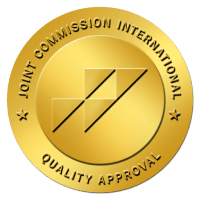
 أنقر هنا
أنقر هنا أنقر هنا
أنقر هنا